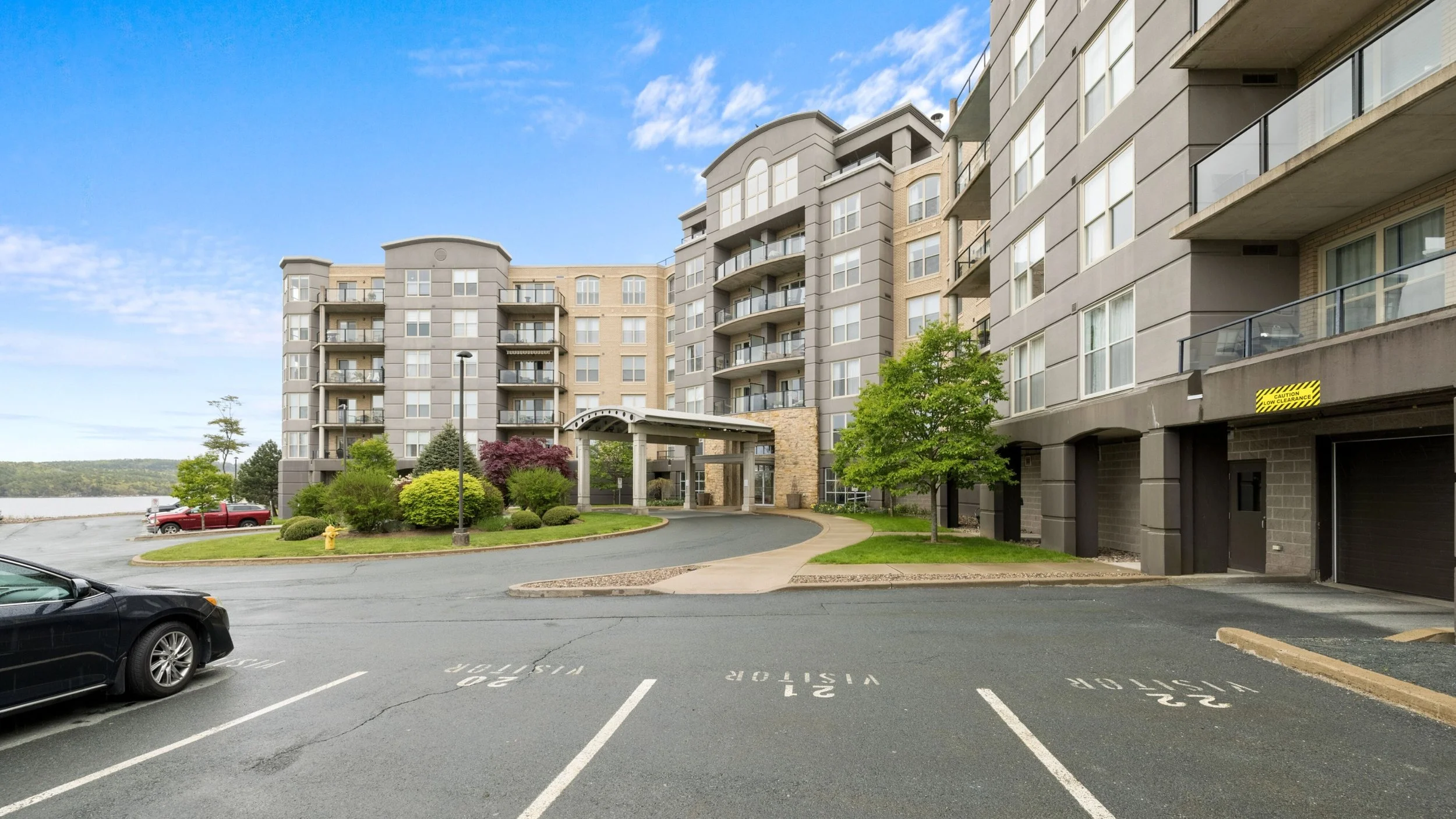Gifts for Mom, Dad, the kids, and the dog: when the holidays come around each year, we have a chance to show our loved ones how much they mean to us through gift-giving.
But what about our homes? The spaces where we gather each holiday season, visit family and friends, make memories and share laughs deserve some holiday love too!
The holiday season is a great time of year to show your condo a little appreciation. There are usually many sales around the holiday season, and not to mention, you will benefit from these gifts to your condo too.
And with extra visitors over the holidays, these upgrades will go a long way!
We’ve compiled a list of 10 products you can gift your condo this holiday season to upgrade your space!
*Disclaimer: we are not endorsed by any of these products, and do not receive compensation for any purchases through these links. These are simply products we love and want to share!*
1. Smart Security
There are a ton of smart security options to choose from that can upgrade the safety of your condo for a relatively cheap price. From doorbell cameras to video surveillance, you are sure to find a smart security system that fits your budget. Here are a few examples below!
The Arlo Pro 4 Spotlight Camera
The EZVIZ Video Doorbell Camera
2. Motion Sensor Lighting
When most think of motion sensor lighting, they picture the outdoor light that illuminates their yard if a trespasser enters during the night. There are, however, many other ways you can use motion sensor lighting to upgrade your space. They can light up your closet upon opening your closet door, light up your counters when you grab a glass of water in the middle of the night or even light up your cupboards when searching through them for a snack. The opportunities are endless!
3. Motorized Blinds
Our team lead Andrew can attest to this: Motorized Blinds are worth every penny. Not only can you pair them to your smart devices to rise and fall at set times during the day, but you will never have to worry about the sun coming in through the crack of a curtain, or obstructing the view of your tv screen again. Budget Blinds is a locally owned company that you can use for all of your motorized blinds needs!
4. New Bedding
We spend most of our time at home asleep in our beds. If you are going to splurge on anything, comfortable bedding is key. Our rest is so important to our health, and to how we feel during the rest of the day. Our licensed assistant Jordan swears by Sleep Country’s Bio-Soy Pillows, Camelus Eucalyptus-Fibre duvet covers and Camel Wool duvets to keep you in a deep sleep all hours of the night!
Amazon Basics Cooling Gel-Infused Memory Foam Mattress Topper
5. A Water Filter for your Kitchen Tap
The taste of tap water cannot compare to the taste of water from an electric dispenser. But, what if you could make your tap taste as good as dispensed water? There's a way! Install a water filter on your kitchen tap to filter out all of the minerals, metals and impurities that alter the taste!
Waterdrop WD-FC-01 NSF Certified 320-Gallon Life Water Filter
DuPont WFFM100XCH Premier Faucet Mount Drinking Water Filter
6. Re-caulk your bathtubs and showers
There's nothing more relaxing than getting in the bathtub or shower after a long day of work. Something that can ruin your relaxation in a matter of seconds is staring at mould or mildew build-up on the caulking around your tub. Re-caulking your tub or shower is a quick and easy diy that can make your bathroom feel like new!
Gorilla Waterproof Caulk and Seal
Dap 18304 Dynaflex 230 Clear Sealant
7. Add Carbon Monoxide Detectors
Carbon monoxide is a colourless, odourless and tasteless gas that when inhaled, can cause serious tissue damage and death. Carbon monoxide poisoning is especially dangerous in homes that burn gasoline, wood, propane, charcoal or other fuel. Maintain your peace of mind by installing carbon monoxide detectors in your condo so that if exposure were to ever occur, you would have sufficient time to leave your condo and protect your health.
First Alert CO400A Battery Powered Carbon Monoxide Alarm
8. Give your walls a fresh coat of paint
Nothing revives a space like a new colour. Painting your walls a light and neutral colour can help open up your space, while a dark and bold colour can add interest and intimacy. Either way, freshening up your space with a new colour is a great way to signal a new year, and a new you!
9. Treat yourself to an Instant Pot or Air Fryer
Our team lead Andrew swears by adding an Air Fryer to your cooking regime, and our assistant Jordan adds an Instant Pot to her recommendations. These two cooking appliances will not only speed up your cooking time but also open the doors to hundreds of new, delicious and easy recipes! They are much easier to clean than multiple pots and pans when cooking dinner too!
10. Replace your Shower Head
A new shower can level up your shower game immensely. From shower heads with multiple pressure options, to waterfall styles, the options are endless. There are many finishes to choose from as well to match your bathroom decor!
Moen 26009 Magnetix 2.5 GPM Shower Head
NERDON High-pressure Rainfall Shower Head
High-Pressure Shower Head - Black Finish
If your condo could talk, we know they would ask Santa for all of these things on their Christmas list!
Jordan Gunn
Licensed Real Estate Assistant
Keller Williams Select Realty
902-401-0373






















